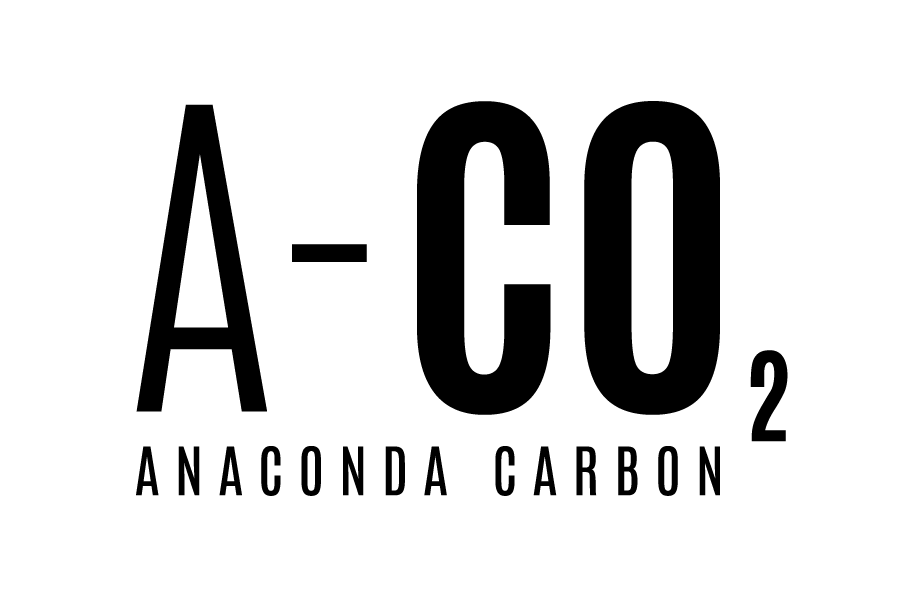Circular Economy : Plastics Credits
What is a circular economy?
The circular economy is a model that seeks to minimize waste and maximize the use of resources through recycling, reuse and regeneration. This approach helps companies reduce operating costs, improve their environmental impact and strengthen their sustainable reputation.
How do plastic credits work?
Plastic credits reward projects that collect and recycle plastic waste, promoting investment in sustainability. For every ton of plastic collected and stored sustainably, one credit is generated. If it is then recycled, an additional credit is issued. These certified credits are traded with companies seeking to reduce their plastic footprint and combat the spread of microplastics in our lives.
Benefits of plastic projects
Waste Reduction
Optimizes the use of materials, reducing costs and waste.
Regulatory Compliance
Helps comply with international environmental regulations.
Competitive Advantages
Improves brand awareness, opens doors to sustainable markets and provides a new source of income.
Develop your sustainable plastics project with us!
Frequently Asked Questions
What are the benefits of storing and recycling plastics for my company?
It improves brand perception, opens doors to sustainable markets and provides a new source of revenue.
How to access plastic credits?
Anaconda Carbon helps you in the evaluation, registration and commercialization of certified plastic recycling projects.
What types of projects qualify for plastic credits?
Plastic waste collection, recycling, and sustainable management projects are both internal and external funding options to your company, for example, you can choose to have your brand finance a plastic collection project at sea, promoting your brand name.


